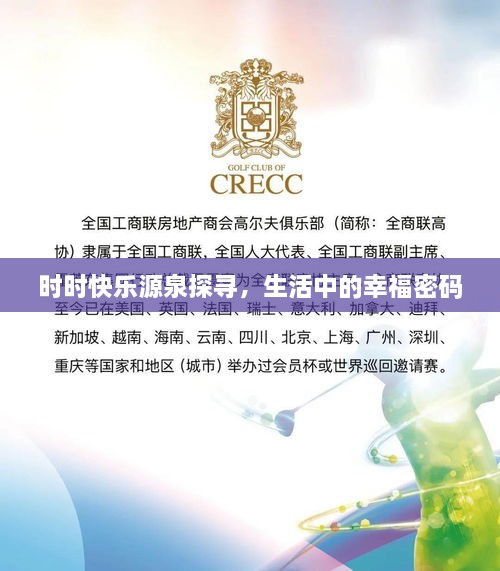Introduction to Neologisms
The English language is a dynamic and ever-evolving entity, constantly absorbing new words and phrases from various sources. While many of these new terms are borrowed from other languages or created through standard linguistic processes, there is a unique subset of words that emerge from the creative minds of individuals. These are the exclusive neologisms, words that are coined by one person or a small group and may not have entered the mainstream vocabulary. This article explores the fascinating world of exclusive neologisms, their origins, and their potential impact on the English language.
Origins of Exclusive Neologisms
Exclusive neologisms can arise from a variety of contexts. One common source is the realm of technology, where new devices and concepts require unique terms to describe them. For example, "phablet" was created to describe a device that is a hybrid between a smartphone and a tablet. Another source is the world of fashion, where designers and influencers often coin terms to describe new trends or styles, such as "yeezy" for the popular sneakers designed by Kanye West. Art and literature also contribute to the creation of exclusive neologisms. Authors may introduce new words to create a specific atmosphere or to convey a complex idea that doesn't fit neatly into existing vocabulary. For instance, J.K. Rowling's "Harry Potter" series introduced several neologisms, such as "muggle" and "quidditch," which have since become widely recognized. Personal experiences and cultural phenomena can also inspire the creation of exclusive neologisms. For example, the term "YOLO" (You Only Live Once) became popularized by a viral social media meme, reflecting a cultural shift towards living life to the fullest.
Coining the Word: A Personal Touch
The act of coining a word is a personal and often spontaneous process. It often starts with a need for a specific term that doesn't exist. The coiner might brainstorm, jotting down words that come to mind or experimenting with combinations of existing words. Sometimes, the process is more deliberate, involving a thorough analysis of the language and its structure. For instance, the term "meme" was created by Richard Dawkins in his 1976 book "The Selfish Gene" to describe an idea, behavior, or style that spreads from person to person within a culture. Dawkins chose the word to evoke the idea of a living thing that replicates itself, much like a gene. The coiner must also consider the potential impact of their word. Will it be easily understood? Is it catchy and memorable? Does it have a clear and concise meaning? These questions guide the coiner in shaping the word to its final form.
The Life Cycle of an Exclusive Neologism
The journey of an exclusive neologism from conception to potential mainstream acceptance is a complex one. Initially, the word is used in a limited context, often among a specific group of people. As the word gains popularity, it may be adopted by others, either through direct exposure or through secondary sources like media or literature. The word's trajectory can vary widely. Some neologisms quickly become part of the language, while others fade into obscurity. Factors that influence this process include the word's utility, its cultural relevance, and the efforts of individuals or groups to promote its use. In some cases, exclusive neologisms are embraced by the language community and eventually incorporated into dictionaries. For example, "brunch," a combination of "breakfast" and "lunch," was first used in the early 20th century and is now a recognized term in the Oxford English Dictionary.
The Impact of Exclusive Neologisms
Exclusive neologisms can have a significant impact on the English language. They can enrich the vocabulary, providing new ways to express ideas and concepts. They can also reflect cultural shifts and societal changes, serving as a window into the contemporary mindset. Moreover, the creation and spread of exclusive neologisms can inspire others to engage in creative wordplay. This can lead to a more vibrant and dynamic language, where innovation and expression are celebrated. However, there are also challenges associated with exclusive neologisms. The potential for ambiguity and the risk of creating words that are too niche or obscure can limit their effectiveness. Additionally, the language community must be willing to accept and adopt new words, which can be a slow and unpredictable process.
Conclusion
Exclusive neologisms are a testament to the creativity and adaptability of the English language. They arise from the fertile ground of human imagination and serve as a reminder of the language's ability to evolve and grow. Whether they become part of the everyday lexicon or remain niche terms, these words reflect the diverse and dynamic nature of language and culture. As long as there are individuals with a penchant for innovation and a desire to express themselves uniquely
转载请注明来自仿真树_假山制作_绿植墙_仿真绿植_庭院造景,本文标题:《独家创造的英文单词:独创英文怎么写 》















 蜀ICP备2022005971号-1
蜀ICP备2022005971号-1
还没有评论,来说两句吧...